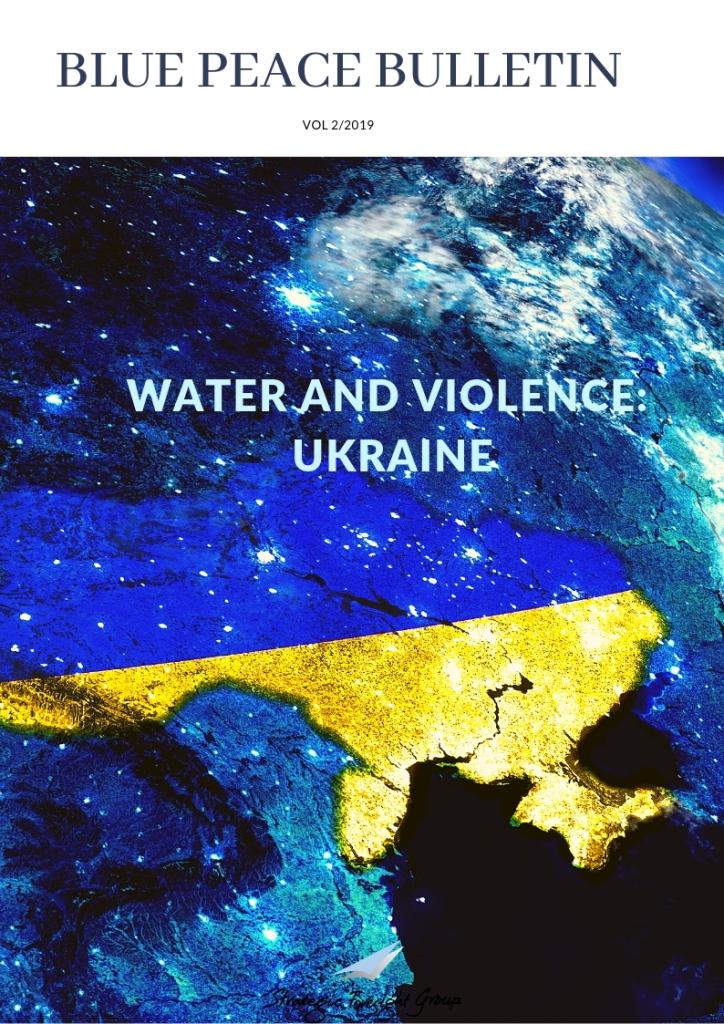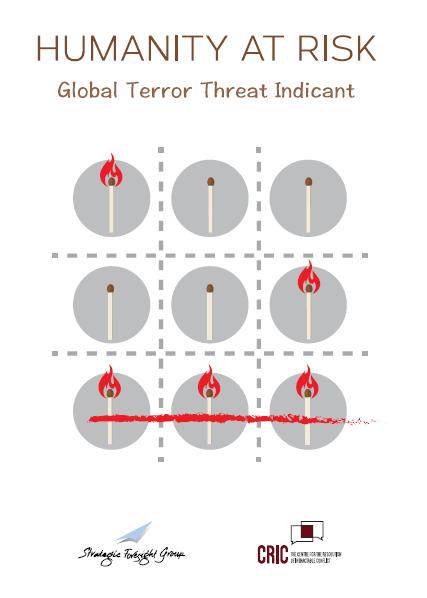The Palestine-ICC Conundrum
 |
August 2012
By Diana Philip
|
The UN General Assembly vote on the 29th November 2012 gave Palestine an observer state status at the United Nations, which was previously enjoyed only by the Holy See. The implications of this recognition including the possibility of approaching the International Criminal Court (ICC) is being debated world over. It is however interesting to see that the possible ICC referral by Palestine brought about some strong reactions from certain nations. While Israel threatened to impose sanctions, Britain sought reassurances from Palestine to refrain from bringing cases of alleged war crimes against Israel at the ICC. The United States on the other hand went on to state that such a recognition was a hindrance to the peace process and is said to have joined Britain's efforts in pressuring Palestine into keeping a distance from the ICC as well as the International Court of Justice (ICJ). While the dilemma of a choice between peace and justice remains, it would however be pertinent to examine the various legal and political issues surrounding the involvement of the ICC in the case of Palestine.
Firstly, does Palestine now constitute a "state"for the purpose of the Rome Statute? While the new observer state status for Palestine is being seen to bestow this opportunity of approaching the Court but it may perhaps not be an easy determination after all; for such recognition by the General Assembly may not fully signify statehood. It could only be classified as recognition de facto and not de jure. Article 125 of the Rome Statute states that "any State seeking to become a Party to the Statute must deposit an instrument of accession with the Secretary General of the United Nations. In instances where it is controversial or unclear whether an applicant constitutes a 'State', it is the practice of the Secretary General to follow or seek the General Assembly's directives on the matter. As the UN seems to have stopped short of bestowing full recognition to Palestine, the question at large remains whether a de facto recognition alone is enough for the Rome statute to be applicable.
Secondly, under the Rome Statute there is a definite emphasis on the territorial jurisdiction of the Court. Considering the issue of territory of Palestine is not yet resolved, the ICC will face a unique problem of determining its territorial jurisdiction. It is also to be seen whether this highly political issue can be left to the sole determination of a judicial body which can only try individuals and not decide upon issues between two states as done by the ICJ.
Thirdly, the ICC can only investigate situations within a specified time period as laid down by the Statute provisions. The ICC under Article 11(2) has jurisdiction over crimes committed in the territory of state party after the entry into force of the Rome Statute i.e after July 2002. If the state becomes a party to the Rome Statute after 2002, the ICC will have jurisdiction over crimes committed in the territory of the state on the day the Statute has come into force for that state. Thus in the case of Palestine, if it chooses to accede to the Rome Statute, the ICC will have jurisdiction from the date it accedes to the Statute and will not have a retroactive jurisdiction. While, this might help to investigate and even curb future violations by both the Palestinian and Israeli side it does raises several important issues including the manner and the time taken by the Palestinian authorities towards a meaningful ratification of the Statute.
Fourthly, Palestine can without being a party to the Rome Statute approach the ICC through Article 12(3) which also provides for a retrospective jurisdiction to the ICC on an ad hoc basis. Hence, it can bring under the purview of the ICC, prior violations. Thus this acts as an exception to Article 11(2) mentioned above. However, considering this provision only seems to be applicable to non state parties to the Rome statute there exists an ambiguity. It is uncertain whether a State which has ratified the Rome statute can bestow retrospective jurisdiction to the ICC under Article 12(3). The question remains whether Palestine has to choose between ratification or resubmitting a declaration under Article 12(3) or has the liberty to do both. The ICC in 2003 had received a declaration under Article 12(3) from Cote d'Ivoire. However, the precedent of Ivory Coast which has not yet ratified the Rome Statute suggests very little to resolve the ambiguity that exists here.
Fifthly, the ICC can only admit a matter when "the State is unwilling or unable genuinely to carry out the investigation or prosecution" (Article 17(1) (a)). This is an important facet of the Statute and is termed as the 'principle of complimentarity'. Israel, which has a structured and independent judiciary is bound to state that it can and will resolve the issue domestically. This will preclude the involvement of the ICC.
Sixthly, considering Israel is not a party to the Rome Statute, it would get extremely difficult to get the State to cooperate with the ICC in matters including handing over of suspects which is a problem perennially faced by the Court as seen from its previous cases.
Lastly, when a situation is referred to the ICC, a State cannot dictate who or which side is to be investigated. The Prosecutor will have the authority to look into violations by both Palestine and Israel. Palestine should be ready to see its own people being investigated and possibly prosecuted. Palestine should therefore be willing to be fully committed to an ICC involvement before approaching the same against Israel.
Thus we see that the option of approaching ICC is not without challenges. While the international community and the ICC have to make certain important determinations based on the challenges mentioned above it would also be prudent for Palestine to make a very careful consideration before pursuing this option. If Palestine chooses this path then it has to be prepared to withstand the tests of its commitment and determination towards the pursuit of justice. However, Palestine can take relief in the fact that the trepidation of nations to being brought to court could be a positive sign suggesting that the influence of the ICC is only increasing in spite of all the criticisms and oppositions that it has been subject to over a decade of its existence.
Related Publications
Related latest News
Related Conferences Reports
-

P5 Experts Roundtable on Nuclear Risk Reduction
Download:Geneva Roundtable Report
-

Roundtable on Global Security and Catastrophic Risks
Download:Report on RT revise





